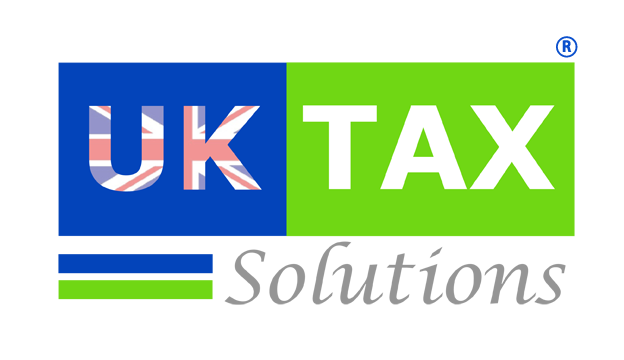HMRC issues guidance on tax treatment of cryptoassets
The HMRC has issued its first guidance on the tax treatment of cryptoasset transactions for both individuals and businesses.
According to the UK tax authority, cryptoassets are cryptographically secured digital representations of value or contractual rights that can be transferred, stored or traded electronically.
In its first detailed guidance for businesses, the HMRC explained that its paper is based on the law as at the date of publication, but cautioned that as the cryptoassets sector is fast-moving and developing all the time, the terminology, types of coins, tokens and transactions can vary.
As such, HMRC will look at the facts of each case and apply the relevant tax provisions according to what has actually taken place.
However, the tax office clarified that if a company or business is carrying out activities that involve exchange tokens, they are liable to pay tax on them.
Such activities include buying and selling exchange tokens; exchanging tokens for other assets; mining; or providing goods or services in return for exchange tokens.
The type of tax depends on who is involved in the business and the activities it carries out, including whether these count as a trade, while the amount is determined by the income, expenditure, profits and gains of the business in question.
As with the tax analysis of other types of business, the HMRC explained that the question of whether a trade is being carried on is a key factor in determining the correct tax treatment.
Whether the buying and selling of exchange tokens amounts to a trade depends on a range of factors including degree and frequency of activity, level of organisation, and activity.
Regarding corporation tax, HMRC explained that it does not consider any of the current types of cryptoassets to be money or currency. This means that any corporation tax legislation that relates solely to money or currency does not apply to exchange tokens or other types of cryptoasset.
Due to the fact that HMRC does not consider cryptoassets to be money or currency, it clarified that exchange tokens do not create a loan relationship as there is typically no counterparty standing behind the token and, as such, it does not seem that the token constitutes a debt.
However, if exchange tokens have been provided as collateral security for an ordinary loan, a loan relationship exists and the loan relationship rules will apply. If exchange tokens are loaned, however, as opposed to traditional currency, it is unlikely that this would constitute a loan relationship.
In terms of capital gains tax, the HMRC said it would expect that buying and selling of cryptoassets by an individual will normally amount to investment activity. In such cases, if an individual invests in cryptoassets they will typically have to pay capital gains tax on any gains they realise.
While cryptoassets are digital and therefore intangible, they count as a ‘chargeable asset’ for capital gains tax if they’re both capable of being owned and have a value that can be realised.
For more information on the tax treatment of cryptoasset transactions for businesses, visit GOV.UK.






